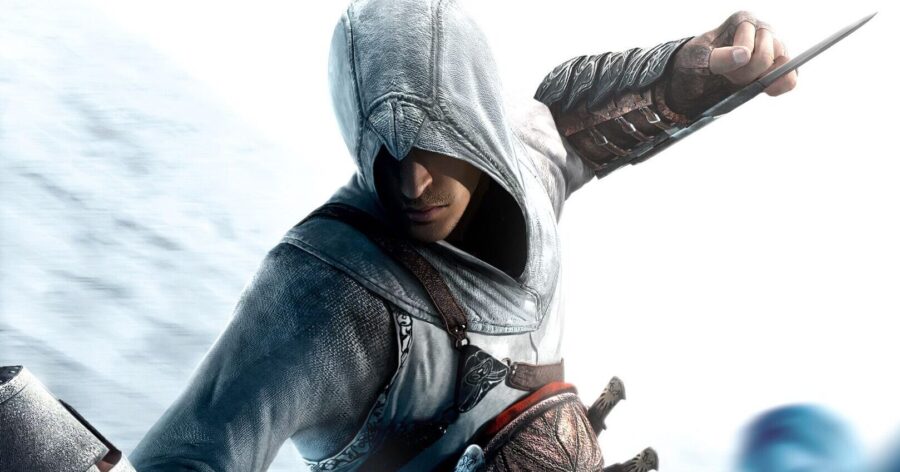Assassin’s Creed Series Just Gained One Of The Minds Behind Die Hard
One of the minds behind Die Hard has signed on for the Assassin's Creed adaptation on Netflix. Here's what we know so far.
This article is more than 2 years old

One would think that Ubisoft gave up on video game adaptations, given the poor box office performance of 2010’s Prince of Persia: The Sands of Time and 2016’s Assassin’s Creed movie adaptations. It would seem that the French developer and publisher of AAA video games hasn’t learned its lesson, given the 2017’s announcement of the Assassin’s Creed TV series. But things might be far from the truth since the Assassin’s Creed series enlisted one of the best blockbuster screenwriters in the industry – Jeb Stuart.
Variety first reported the most recent collaboration between Netflix and Jeb Stuart regarding the Assassin’s Creed live-action series. According to their article, the Assassin’s Creed series, currently in development at Netflix, just enlisted Jeb Stuart, a mastermind screenwriter credited with cinematic gems such as Die Hard. Truth be told, this isn’t the first time Stuart worked with Netflix, given that he created Vikings: Valhalla for the streamer. But this is his first venture into the ruthless and unforgiving world of video games’ cinematic adaptations.
Stuart is hired to write the screenplay for the series, whose development was first announced last October, as a part of the deal between Netflix and Ubisoft to develop content based on Ubisoft’s AAA video gaming franchise. This includes live-action, animated, and anime adaptations of Assassin’s Creed video game. With that being said, this isn’t the first live-action Assassin’s Creed to hit the screens. A movie adaptation starring Michael Fassbender, released in 2016, faced harsh criticism, mixed reviews, and poor box office performance.
This isn’t Netflix’s first deal with Ubisoft either; the streamer is also developing a Far Cry and Splinter Cell anime series and The Division movie adaptation – all of which are Ubisoft’s gaming IPs. In fact, Netflix acquired the right to adapt several video game franchises from other publishers, too, in light of Castlevania‘s massive success on the streaming service. These titles include Resident Evil, Cyberpunk 2077, Diablo, Tomb raider, and the aforementioned Assassin’s Creed and Far Cry.
The original Assassin’s Creed video game originated out of ideas for a sequel for Prince of Persia: The Sands of Time video game, which was, unlike its movie adaptation, a massive critical and financial success. The development team wanted to take The Sand of Time gameplay into an open-world setting, which they later combined with research into secret societies and history’s most prominent assassins. The effort gave birth to the original Assassin’s Creed video game, whose massive success brought about the birth of a franchise.
Assassin’s Creed spawned eleven sequels to the original game and twelve spin-offs in the gaming industry alone. Add 2016’s box office flop, several mobile and handheld games, numerous short films, several comics and novels, audio drama, and its own Assassin’s Creed: Encyclopedia to the mix, and you’ll understand why Netflix wants to adapt this particular franchise. Put simply, the Assassin’s Creed franchise is a treasure trove of narrative material that can, despite previous interpretations, still generate vast revenue through adaptations. And both Netflix and Ubisoft know it. From the fandom’s perspective: good thing it’s not Disney.











